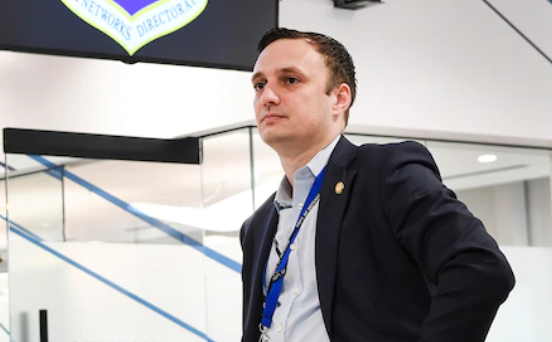
Credit: USAF
Nicolas Chaillan, the U.S. Air Force’s first chief software officer, announced his resignation Sept. 2 in a lengthy social media post calling out the service for not effectively funding and prioritizing cybersecurity efforts, and the Pentagon for refusing to put money behind initiatives that...
Subscription Required
This content requires a subscription to one of the Aviation Week Intelligence Network (AWIN) bundles.
Schedule a demo today to find out how you can access this content and similar content related to your area of the global aviation industry.
Already an AWIN subscriber? Login
Did you know? Aviation Week has won top honors multiple times in the Jesse H. Neal National Business Journalism Awards, the business-to-business media equivalent of the Pulitzer Prizes.
